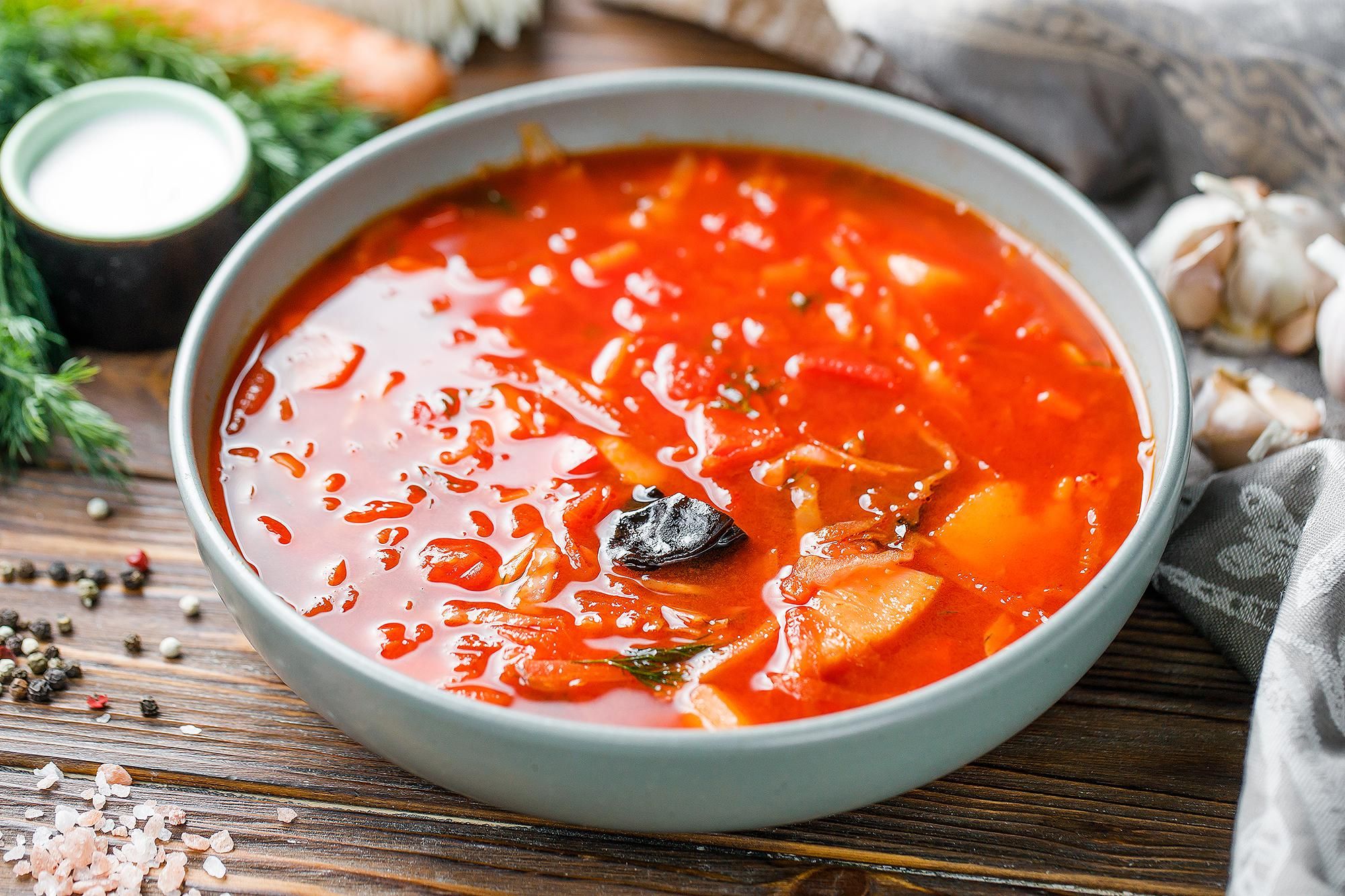Celebrated Ukrainian chef Ievgen Klopotenko knows his way around a great bowl of borscht.
“It’s part of our identity. It’s in the cells of our bodies,” he told GZERO's Alex Kliment. For more on that story click here.
And for a great bowl of borscht, collect the ingredients for Klopotenko's recipe listed below:
INGREDIENTS
400-500 g pork ribs
2 beets
2 tomatoes
¼ celery root
¼ head of cabbage
3-4 potatoes
1-2 carrots
1 onion
1-2 smoked dried pears
2 bay leaves
3 cloves allspice
1 head of garlic
1 sweet bell pepper
200 ml tomato juice
30 g unsalted butter
2 tbsp tomato paste
Salt
Klopotenko offers easy-to-follow directions for great borscht here.
More For You
Xi Jinping has spent three years gutting his own military leadership. Five of the seven members of the Central Military Commission – China's supreme military authority – have been purged since 2023, all of whom were handpicked by Xi himself back in 2022.
Most Popular
Five forces that shaped 2025
What’s Good Wednesdays™, January 28, 2026
Walmart’s commitment to US-made products
In this episode of GZERO Europe, Carl Bildt examines how an eventful week in Davos further strained transatlantic relations and reignited tensions over Greenland.
In this episode of "ask ian," Ian Bremmer breaks down the growing rift between the US and Canada, calling it “permanent damage” to one of the world’s closest alliances.
For China, hitting its annual growth target is as much a political victory as an economic one. It is proof that Beijing can weather slowing global demand, a slumping housing sector, and mounting pressure from Washington.
